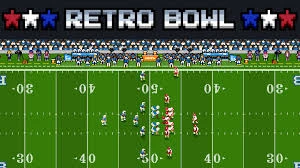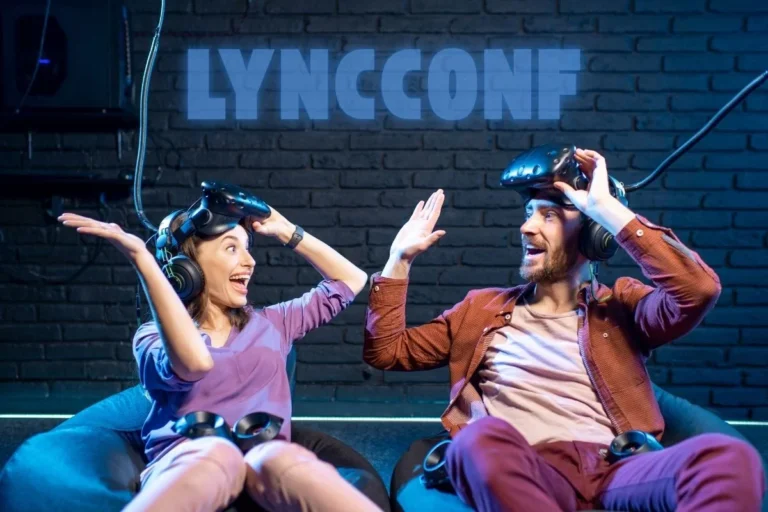Gameverse TheGame Archives: A Tech-Powered Journey Through Gaming History
Video games are more than entertainment. They are cultural artifacts that shape technology and society. Gameverse TheGame Archives stands out as a digital platform dedicated to preserving this legacy. It uses cutting-edge technology to catalog, emulate, and share games from every era. This article dives into how thegame archives gameverse blends innovation with nostalgia to create a unique experience for gamers, historians, and developers.
What Is Gameverse TheGame Archives?
Gameverse TheGame Archives is an online platform that preserves video game history. It offers a vast library of games, from 1970s arcade classics like Pong to modern masterpieces. The platform acts as a digital museum, cataloging titles with detailed metadata, historical context, and developer insights. Users can explore games, read in-depth analyses, and even play older titles through advanced emulation technology. Unlike traditional archives, it encourages community contributions, making it a living, evolving resource.
The mission is clear: ensure games are not lost to time. Many older titles face obsolescence due to outdated hardware or licensing issues. Gameverse tackles this by digitizing games and using tech to keep them accessible. It’s a treasure trove for anyone passionate about gaming’s past, present, and future.
The Tech at the Core of TheGame Archives Gameverse
Technology is the backbone of Gameverse TheGame Archives. The platform leverages several innovative tools to preserve and enhance the gaming experience. Here’s a look at the key technologies driving it:
Advanced Emulation for Seamless Gameplay
Emulation allows old games to run on modern devices. Gameverse uses sophisticated emulation software to recreate the original gaming experience. This means you can play a 1980s NES game on your laptop without needing the original console. The platform optimizes graphics and performance, ensuring smooth gameplay. This tech bridges the gap between retro and modern gaming, making classics accessible to new generations.
Search Algorithms Powered by NLP
TheGame Archives Gameverse uses natural language processing (NLP) to enhance user experience. NLP helps the platform understand search queries and deliver relevant results. For example, searching “1990s RPGs” pulls up a curated list of role-playing games from that era, complete with descriptions and context. NLP also powers features like voice search, making navigation easier for users. This aligns with how people naturally search, improving accessibility and engagement.
Cloud-Based Preservation
Storing thousands of games requires robust infrastructure. Gameverse uses cloud technology to preserve game files, concept art, and developer notes. This ensures data is safe from hardware failures and accessible globally. Cloud gaming features also let users stream games without heavy downloads, reducing barriers to entry. This tech keeps the platform scalable and future-proof.
Interactive Features and 3D Models
The platform offers virtual tours and 3D models of gaming environments. Want to explore the world of Super Mario Bros.? Gameverse lets you visualize levels in 3D, showcasing how developers overcame technical limitations. These interactive tools make learning about game design engaging and hands-on.
Why Game Preservation Matters
Video games reflect cultural and technological shifts. Games from the 1980s, like Pac-Man, show the rise of arcade culture. Modern titles, like Fortnite, highlight global online communities. Without preservation, these milestones could vanish. Gameverse TheGame Archives ensures games remain accessible for study and enjoyment. It also helps developers learn from past successes and failures, driving innovation in the industry.
Preservation isn’t just about nostalgia. It’s about respecting games as art. By cataloging titles with detailed analyses, Gameverse highlights their narrative, design, and cultural impact. This fosters appreciation for gaming’s role in shaping entertainment and technology.

Community and Collaboration in TheGame Archives Gameverse
Gameverse thrives on its community. Users can contribute reviews, share personal stories, or submit rare game files. This collaborative approach enriches the archive with diverse perspectives. For example, a gamer who played an obscure 2000s title might share insights not found elsewhere. The platform also hosts forums where fans discuss trends, strategies, and memories.
Developers benefit too. Gameverse offers tutorials, design documents, and interviews with industry veterans. Aspiring creators can study how classics were made, gaining inspiration for their projects. Community events, like high-score challenges, keep users engaged and connected.
Educational Value of Gameverse TheGame Archives
Beyond gaming, thegame archives gameverse is a resource for researchers and educators. It provides articles on gaming’s cultural impact, technological advancements, and design evolution. Scholars can analyze how games reflect societal trends, like the tech boom of the 1990s. Students can access materials to learn game design basics, making the platform a hub for academic and creative growth.
The platform’s user-friendly interface makes it easy to explore. You can sort games by genre, year, or developer. Detailed metadata, like release dates and cultural notes, adds depth to each entry. This structure supports both casual browsing and in-depth research.
The Future of TheGame Archives Gameverse
The gaming industry is evolving fast. Technologies like virtual reality (VR) and blockchain could transform how we preserve and play games. Gameverse is adapting to these changes. Plans include VR exhibits that let users “step into” classic games and blockchain for verifying game ownership. These innovations will make the platform even more immersive and secure.
Gameverse also aims to expand its library, adding more indie and obscure titles. Partnerships with developers and publishers will ensure legal compliance and broader access. The goal is to remain a leading resource as gaming continues to grow.
FAQ: Common Questions About Gameverse TheGame Archives
Based on Google’s “People Also Ask” and “Related Searches,” here are answers to popular questions about Gameverse TheGame Archives:
- Can I play games on Gameverse TheGame Archives?
Yes, many games are playable via emulation. You can stream or download titles, depending on availability. Check the platform for specific games. - Is Gameverse TheGame Archives free?
Access levels vary. Some content is free, but premium features, like exclusive games or developer resources, may require a subscription. Visit the site for details. - How can I contribute to TheGame Archives Gameverse?
You can submit reviews, game files, or corrections. Join the community forums to share insights or participate in collaborative projects. - Does it include modern and indie games?
Yes, the archive covers both classic and contemporary games, including indie titles with significant cultural impact. - Why is game preservation important?
It protects games as cultural artifacts, ensuring future generations can study and enjoy them. It also supports developers by preserving design lessons.
Why Gameverse Stands Out
Unlike other archives, Gameverse TheGame Archives blends technology, community, and education. Its emulation tech makes old games playable. NLP-driven search ensures easy navigation. Cloud storage keeps data safe. Interactive features, like 3D models, engage users in new ways. Most importantly, it’s a platform built by and for gamers, historians, and creators.
Whether you’re reliving childhood memories or studying game design, Gameverse offers something unique. It’s more than a database—it’s a celebration of gaming’s past and a guide for its future. Dive in today to explore the rich universe of video games.
Join the Gameverse community now and start your journey through gaming history!







